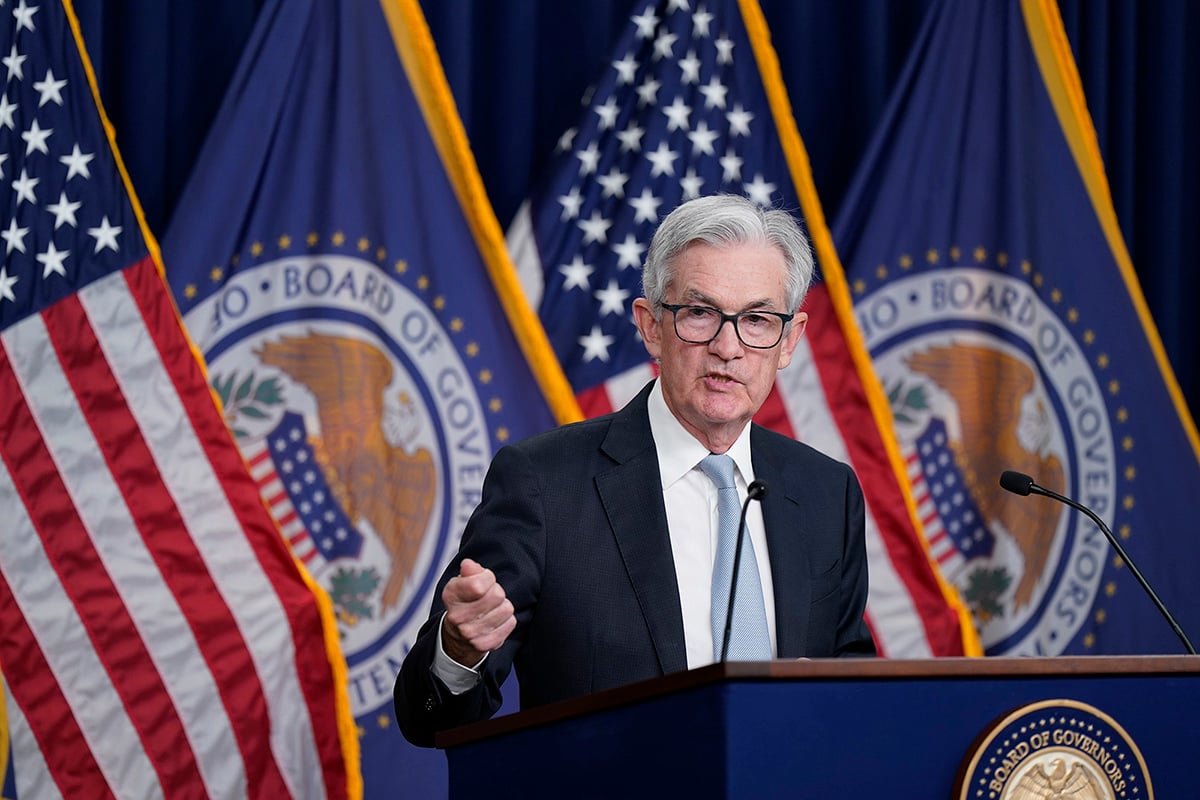President Jimmy Carter's chief economist Charles Schultze used to love to tell a story about meeting with the president on the economy in the fall of 1978: The decade had been a tumultuous one with the near impeachment and resignation of Richard Nixon, the oil embargo of 1973 and runaway inflation. But things had begun to take a turn for the better, and sitting that autumn afternoon in the Oval Office, Carter wanted to know what Schultze saw as the likely scenario for the two years leading up to the presidential elections of 1980.
The economy can be expected to improve steadily, Schultze said he told Carter. "We should be okay–as long as we don't have another oil embargo."
That didn't happen. But later that year, the Organization of Petroleum Exporting Countries began a series of price hikes that would double the price of oil and set the stage for double-digit inflation and a devastating recession that hobbled the U.S. in the early 1980s and contributed to Carter being a one-term president.
Complete your profile to continue reading and get FREE access to Treasury & Risk, part of your ALM digital membership.
Your access to unlimited Treasury & Risk content isn’t changing.
Once you are an ALM digital member, you’ll receive:
- Critical Treasury & Risk information including in-depth analysis of treasury and finance best practices, case studies with corporate innovators, informative newsletters, educational webcasts and videos, and resources from industry leaders.
- Exclusive discounts on ALM and Treasury & Risk events.
- Access to other award-winning ALM websites including PropertyCasualty360.com and Law.com.
*May exclude premium content
Already have an account? Sign In
© 2024 ALM Global, LLC, All Rights Reserved. Request academic re-use from www.copyright.com. All other uses, submit a request to [email protected]. For more information visit Asset & Logo Licensing.






